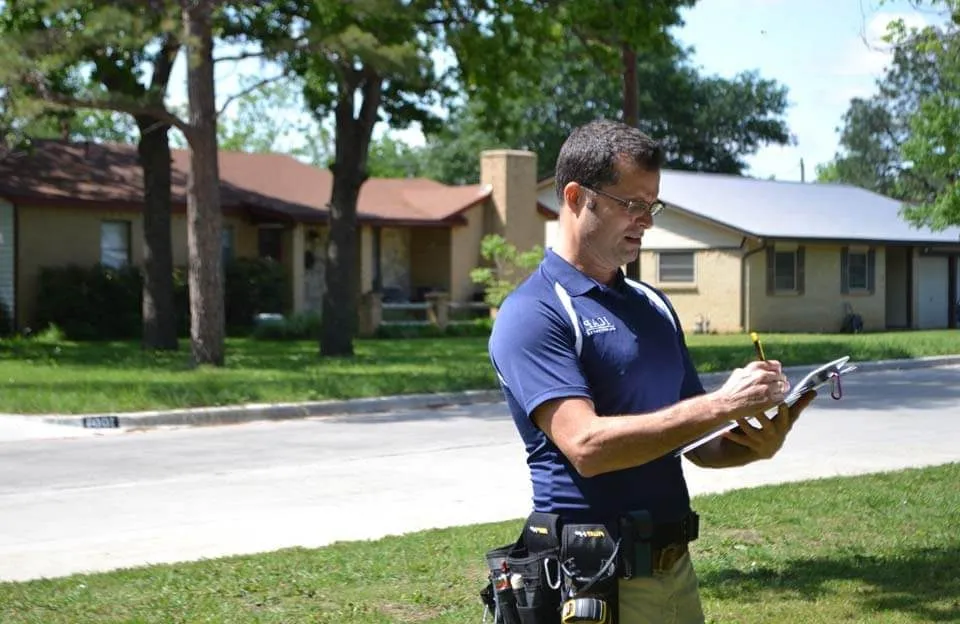A career in the insurance industry that is sometimes ignored is becoming an insurance claims adjuster. While catastrophes and accidents occur every day, insurance claims adjusters play a crucial role in the insurance sector, and their demand will continue to grow.
Insurance claims adjusters: Types
There are a few different types of insurance claims adjusters, and each would influence what the day-to-day work is like.
Company or staff adjuster
A staff or company adjuster only ever works full-time for one insurance adjuster company. These jobs typically come with a salary and company perks including retirement plans, life and health insurance, and continuing education courses. Adjusters that work for one insurance company’s company and employees handle claims. They are frequently personal auto and house claims.
Independent adjuster
Independent insurance adjusters are independent contractors that serve as third-party administrators of various insurance companies. They frequently handle catastrophe claims and visit the affected areas in the wake of severe weather or other calamities.
Since they are the ones who are on the ground in the wake of severe weather events and emergencies, independent adjusters are occasionally referred to as “catastrophe claims adjusters.”
Public Adjuster
Public insurance adjusters represent policyholders by working directly with them. If a suggested settlement from an insurer appears to be inappropriate, they assist businesses or people in filing insurance claims. Public adjusters typically work under contracts rather than receiving a salary.

Daily job duties of a claims adjuster
No matter what kind of insurance claims adjuster you are, your task will involve research. A claims adjuster is contacted after an insurance claim is made to take over the process. To determine what transpired in the incident and determine a reasonable settlement price, they gather facts and specifics.
Some of the information a claims adjuster collects during their investigation include:
- Police reports
- Witness statements
- Photos of an incident or property damage
- Statements from everyone involved in an incident
When doing their investigation, different types of adjusters have different objectives. For instance, a public adjuster works in the insured’s best interest, whereas a company/staff adjuster or independent adjuster represents the insurance company’s.
Do claims adjuster careers include stress?
Claims adjuster work can be demanding, particularly in trying circumstances like natural disasters. It might be tough and challenging to negotiate with someone who recently lost all of their possessions.
Work environment
Depending on their position, company, and the nature of the claim, claims adjusters may operate from home, in an office, or in a hybrid setting. Most adjusters will have to travel to perform their investigation when they look into a claim, particularly if it involves property damage.

What hours do claims adjusters work?
Claims adjusters work a wide range of hours. In contrast to independent or public adjusters, who are more likely to work irregular hours to meet client schedules and conduct investigations, company or staff adjusters for insurance companies may work regular 9 to 5 hours and rarely on weekends.
After catastrophic catastrophes, independent and public adjusters, in particular, may need to put in much over 40 hours per week. There will be moments throughout the year when their workload is considerably lighter, though. Compared to firm or staff adjusters, contract adjusters have more freedom in terms of how much time they wish to put in.
While working a consistent 40 hours per week as a corporate or staff adjuster, the independent and public routes provide more flexibility. If it’s a busy season, you might work more than 40 hours a week, but less busy seasons might allow you to work many fewer hours.
A claims adjuster salary
The median base compensation for a claims adjuster in the United States is about $65,000, though salaries might vary from state to state. An individual can anticipate to make more money as a claims adjuster the more experience they have.
Job outlook for claims adjusters
Currently, there are 349,400 claims adjuster jobs in the United States. From 2020 – 2030, over 25,000 jobs are expected to become available each year. These openings should provide interested individuals with enough opportunities to become a claims adjuster.
Similar occupations
There are many positions that are similar to being a claims adjuster. Some of them are within the insurance industry and some are in other industries like finance. Jobs that are similar to a claims adjuster include:
- Appraisers and Assessors
- Brokerage Clerks
- Compliance Officers and Inspectors
- Cost Estimators
- Credit Analysts
- Fire Inspectors
- Insurance Underwriters
- Insurance Policy Clerks
- Loan Clerks
- Tax Emaniers
- Title Examiners
How to become an insurance adjuster
A high school diploma or the GED equivalent is the bare minimum education requirement for insurance adjusters. A bachelor’s or associate’s degree may be required by some insurance businesses, but it is not always necessary to enter the field.
You may also need to possess an adjuster license in some areas. You may choose to obtain an out-of-state license, known as a Designated Home State license, even if you don’t reside in a state where a license is required in order to work across the entire nation.
Those who reside in a state that does not issue adjuster licenses or who work as company adjusters in a state that only issues independent adjuster licenses and wish to designate a non-resident state as their home state may apply for the Designated Home State Adjuster license. Adjusters can handle claims in the designated state and any other states that have reciprocity with the designated state by getting a license in another state under the Designated Home State exemption.
For instance, a Florida 70-20 Non-Resident Designated Home State Adjuster license enables individuals who are not residents of Florida to declare Florida to be their “home state” and work claims in Florida as well as many other states.
If you obtain a license, you must continue your education in the field of insurance to keep it. It is important to check the website of your state’s department of insurance for detailed information because each state has different regulations.